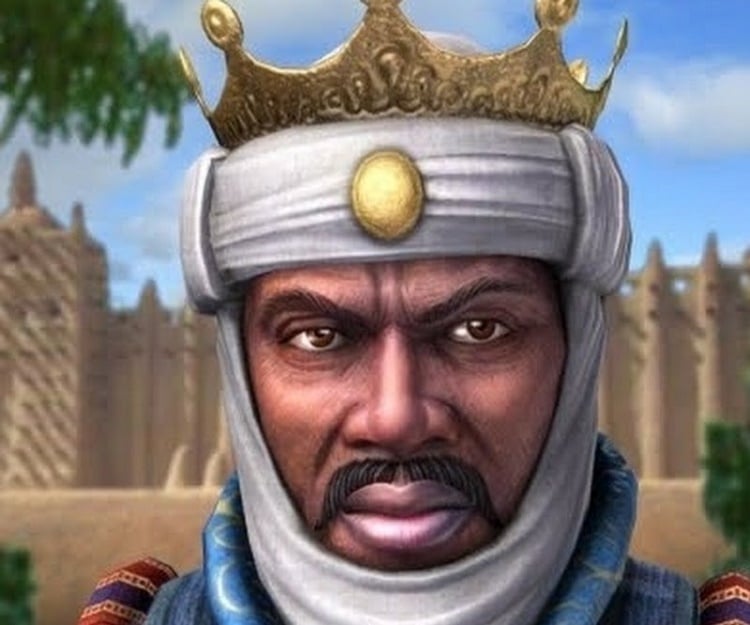I really enjoyed reading Sundiata: Lion King of Mali. I
vaguely remember reading this epic in one of my high school English classes.
The illustrations and use of color in the picture book were absolutely
spectacular. The contrasting color scheme and illustrations reminded me of the
introduction in Marvel’s Black Panther (they should totally get Chadwick
Boseman to read this in his Wakandan accent). As a college student it’s really
refreshing to just sit back and enjoy the pictures in a picture book for once. I
really appreciated the note that Wisniewski added at the end of the book which
gives readers the actual cultural significance and context of the story. Along
with this, he did his best to provide us with authentic illustrations, though
much information was unavailable, which I applaud.
The beginning of the story made it seem like a really
memorable story that your grandfather would tell you about when he was younger,
when he mentions that the story has been passed on for generations. Pretty much
all legends/folktales have a really admirable hero who we can all learn things
from, so I was ready to enjoy Sundiata.
I really admired the character of Sundiata; he was a very
humble young man. Though he couldn’t walk or speak until he was seven, and
everybody made fun of him, he didn’t wish ill on anyone, nor hated himself
because of it. Throughout the story, I didn’t really understand what a Griot
was, but apparently it means a “praise teller” of sorts, which makes sense
because at the beginning, the narrator mentions that he comes from a family of
griots.
I also really appreciate his relationship with Balla. Sassouma
was pretty nasty towards Sundiata by always making fun of him, but no matter
what, Sundiata held high respect towards Balla. Even when Balla left to go to
Suganmuru, the story says that Sundiata was extremely grieved. Their relationship
stayed strong throughout the years they spent apart, and we can see that
through the help Balla offered Sundiata when he was trying to defeat Suganmuru.
I couldn’t really blame Sassouma for feeling the way she
did. Some random comes in (out of no where), marries her husband, has a kid
with him, and the husband now thinks the new kid is going to be king. What
about my kid? Hello? Did you forget about me? I honestly feel so bad for her,
but it’s really not her fault. I don’t think she knew about the prophecy before
she married the king, but it seems pretty clear that the king had prior
knowledge of this. So in reality, it Sassouma’s character should be the king’s
fault, because he married her knowing she was not the one the prophecy foretold
of.
But the King… I could never have faith like him. Seven
years, and your child is still lame and mute. This is the same child that is
supposed to be one of the greatest kings ever… and he can’t walk or speak. Even
with all this he still had so much faith that he told Balla he would serve as
griot to Sundiata. If I was Balla I would be so embarrassed. How would I sing
the praises of someone who can’t even walk? Also how would his ego have been if
one day he was supposed to be first in line to the throne and a guy who can
only crawl has suddenly taken it away from you? I would have been mentally
destroyed, not to mention being upset at my father.
I did feel the story was a little rushed, granted it is a
children’s book and can’t be too long. But one instance, Sundiata was
traveling, and the next it said Balla was by his side. Where did Balla come
from? Anyways, really great read, 11/10 would recommend.
I look forward to analyzing the similarities and differences between Sundiata and the Lion King.
OR MAYBE HAMLET

/cdn.vox-cdn.com/uploads/chorus_image/image/58692603/black_panther.0.jpg)





No comments:
Post a Comment